The wash basin tap pipe is an essential component of any bathroom or kitchen, as it provides the necessary water supply for various daily activities. Understanding the intricacies of this vital plumbing fixture is crucial to ensure smooth functioning and prevent potential problems in your home. In this article, we will delve into the different aspects of wash basin tap pipes, including their types, materials, installation, maintenance, and the importance of professional assistance. Types of Wash Basin Tap Pipes: There are primarily four types of wash basin tap pipes commonly used: 1. PVC Pipes: These durable and lightweight pipes are popular for their affordability and resistance to corrosion. PVC pipes are easy to install and relatively low maintenance. 2. Copper Pipes: Known for their strength and longevity, copper pipes are often preferred for their ability to withstand high water pressure. They are also resistant to rust and provide excellent heat and cold tolerance.
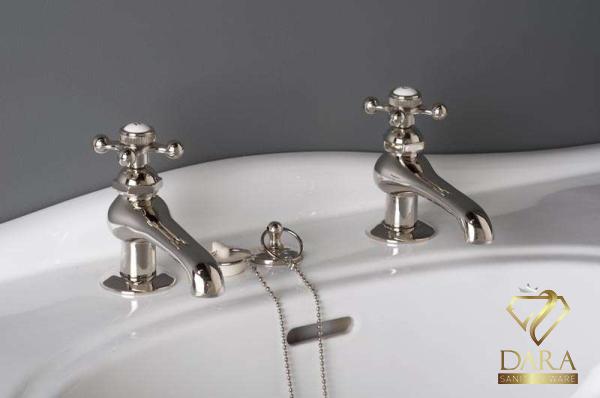
.
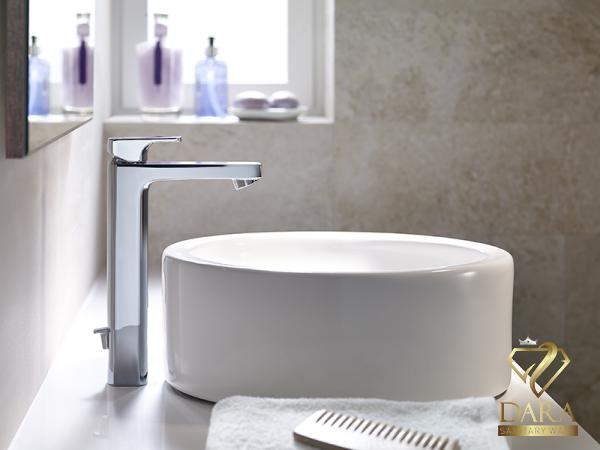 3. PEX Pipes: Cross-linked Polyethylene (PEX) pipes are flexible and suitable for both hot and cold water supply. They are resistant to corrosion and easy to install, making them a convenient option for wash basin tap pipes. 4. Stainless Steel Pipes: These pipes are highly durable and corrosion-resistant, making them ideal for areas with hard water or high pressure. Stainless steel pipes also have excellent heat resistance properties. Materials Used in Wash Basin Tap Pipes: Apart from the different types discussed above, wash basin tap pipes can be made from various materials, including: 1. Brass: This popular material is known for its corrosion resistance properties and durability. 2. Chrome: Chrome-plated brass pipes offer an attractive appearance and resistance to corrosion. 3. Nickel: Nickel is often used in combination with brass to enhance the durability and corrosion resistance of the taps.
3. PEX Pipes: Cross-linked Polyethylene (PEX) pipes are flexible and suitable for both hot and cold water supply. They are resistant to corrosion and easy to install, making them a convenient option for wash basin tap pipes. 4. Stainless Steel Pipes: These pipes are highly durable and corrosion-resistant, making them ideal for areas with hard water or high pressure. Stainless steel pipes also have excellent heat resistance properties. Materials Used in Wash Basin Tap Pipes: Apart from the different types discussed above, wash basin tap pipes can be made from various materials, including: 1. Brass: This popular material is known for its corrosion resistance properties and durability. 2. Chrome: Chrome-plated brass pipes offer an attractive appearance and resistance to corrosion. 3. Nickel: Nickel is often used in combination with brass to enhance the durability and corrosion resistance of the taps.
..
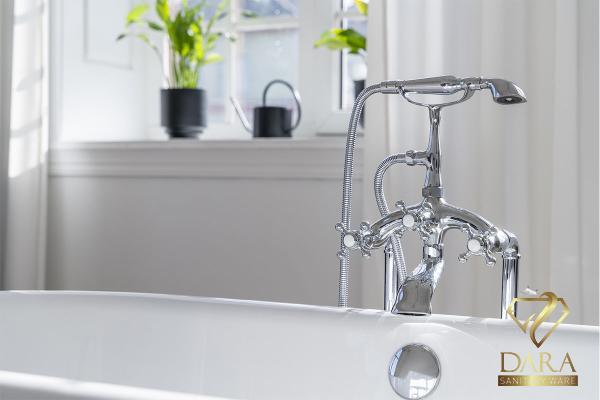 4. Stainless Steel: Wash basin tap pipes made from stainless steel are highly resistant to corrosion and provide a sleek and modern look to any bathroom or kitchen. Installation and Maintenance: Proper installation of wash basin tap pipes is crucial to ensure a leak-free and efficient water supply. It is highly recommended to seek professional assistance for the installation process, as they possess the necessary expertise and tools to carry out the task effectively. Regular maintenance of wash basin tap pipes is essential to prevent the accumulation of mineral deposits, rust, or other obstructions that can obstruct the water flow. Clean the aerator regularly to remove any debris and ensure smooth water flow. Additionally, inspect the washers and seals periodically, as worn-out components can result in leaks. Importance of Professional Assistance: While basic maintenance tasks can be performed by homeowners, it is crucial to involve a professional plumber for complex issues, such as leaks, dripping faucets, or malfunctioning wash basin tap pipes.
4. Stainless Steel: Wash basin tap pipes made from stainless steel are highly resistant to corrosion and provide a sleek and modern look to any bathroom or kitchen. Installation and Maintenance: Proper installation of wash basin tap pipes is crucial to ensure a leak-free and efficient water supply. It is highly recommended to seek professional assistance for the installation process, as they possess the necessary expertise and tools to carry out the task effectively. Regular maintenance of wash basin tap pipes is essential to prevent the accumulation of mineral deposits, rust, or other obstructions that can obstruct the water flow. Clean the aerator regularly to remove any debris and ensure smooth water flow. Additionally, inspect the washers and seals periodically, as worn-out components can result in leaks. Importance of Professional Assistance: While basic maintenance tasks can be performed by homeowners, it is crucial to involve a professional plumber for complex issues, such as leaks, dripping faucets, or malfunctioning wash basin tap pipes.
…
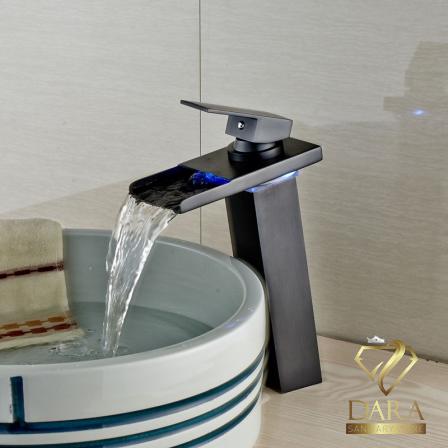 Experienced plumbers possess the expertise to identify and fix underlying problems effectively, reducing the risk of further damage and ensuring the longevity of your plumbing system. Conclusion: Understanding the different types, materials, installation processes, and maintenance requirements of wash basin tap pipes is essential. By familiarizing yourself with these aspects, homeowners can ensure a reliable and efficient water supply, prolong the lifespan of their plumbing system, and avoid costly repairs and replacements in the future. Remember that when dealing with complex plumbing issues, it is always recommended to consult a professional for accurate diagnoses and timely solutions.
Experienced plumbers possess the expertise to identify and fix underlying problems effectively, reducing the risk of further damage and ensuring the longevity of your plumbing system. Conclusion: Understanding the different types, materials, installation processes, and maintenance requirements of wash basin tap pipes is essential. By familiarizing yourself with these aspects, homeowners can ensure a reliable and efficient water supply, prolong the lifespan of their plumbing system, and avoid costly repairs and replacements in the future. Remember that when dealing with complex plumbing issues, it is always recommended to consult a professional for accurate diagnoses and timely solutions.
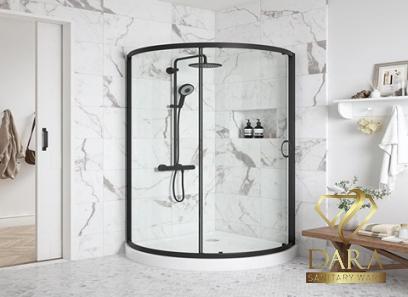
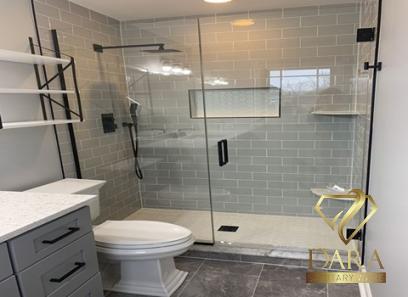
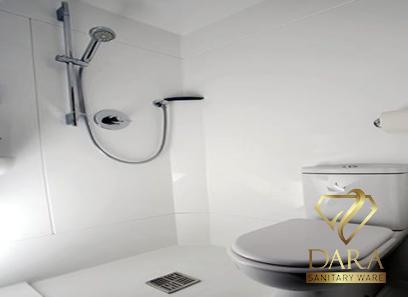
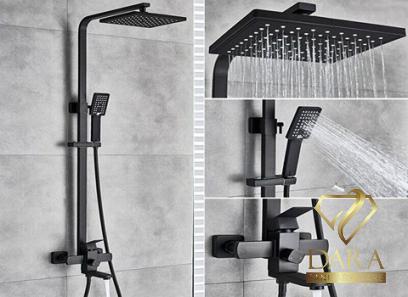

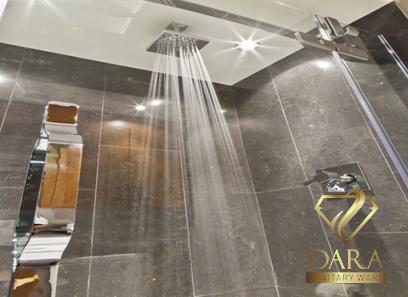
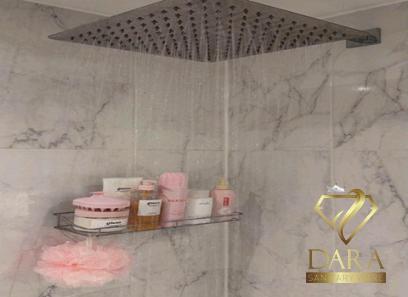
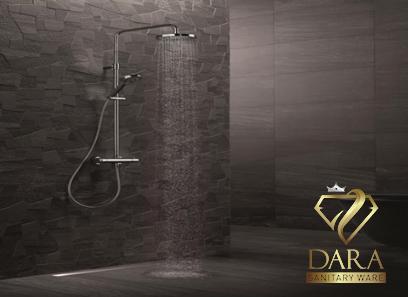
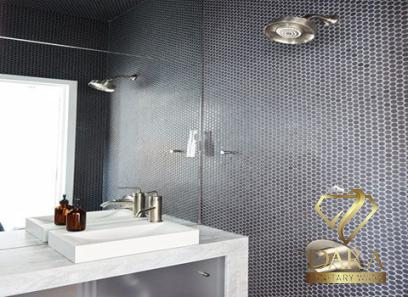
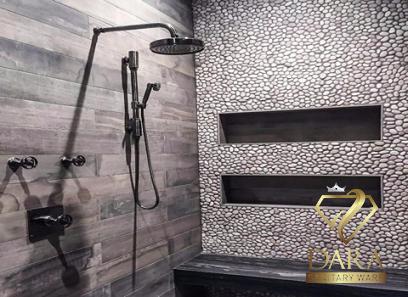
Your comment submitted.